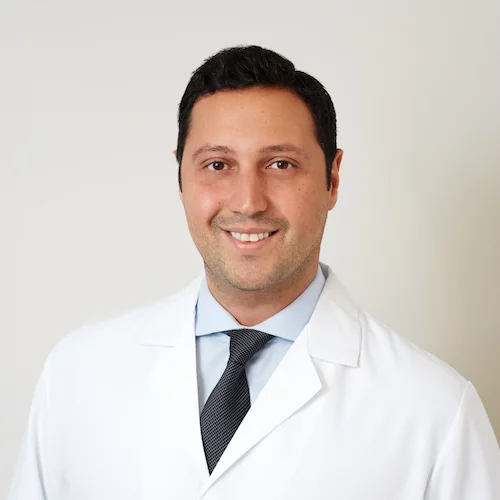What is an EKG (also known as ECG) or electrocardiogram?
An EKG, which stands for electrocardiogram, is like a heart check-up that doesn’t hurt. It’s a test that checks how your heart’s electricity is working. This is important because it helps doctors find problems with your heart, like when it’s beating too fast, too slow, or irregularly.

How do you prepare for an EKG?
Prepare for an EKG by informing your doctor about medications, wearing comfortable clothing, avoiding chest lotions, and ensuring a clean chest. During the test, lie still for electrode attachment, relax, and afterward, resume normal activities. It normally takes about a minute to perform.
Why is an EKG performed?
The primary purpose of EKG monitoring is to screen for heart disease, identifying abnormalities that may indicate conditions like heart attacks, arrhythmias, and heart failure. It looks at the heart’s electrical activities in approximately 10 second intervals. EKGs are also used for diagnosing and studying common heart problems; like Atrial Fibrillation (Afib), Bradycardia (low heart rate), and Tachycardia (fast heart rate), assessing their severity, and aiding in treatment planning. This monitoring helps evaluate cardiac health by diagnosing various conditions such as palpitations, chest pains, shortness of breath, and fast or slow heart rhythms. While a normal EKG doesn’t guarantee the absence of issues, it is a reliable diagnostic tool.
What can you expect during an EKG?
During EKG, electrodes are attached to your arms, legs, and chest, which are then connected to an electrocardiograph. This machine records your heart’s electrical activity, displaying it as wavy lines on paper or a screen. A normal EKG shows an even heartbeat of 60 to 100 beats per minute, while abnormal results may indicate heart conditions like arrhythmia or previous heart attacks. However, EKGs may not detect every heart problem and further tests may be needed for accurate diagnosis.
What is the followup like for an EKG?
The follow-up for EKG monitoring depends on the patient’s results. If the EKG is normal and there are no concerns or symptoms of heart disease, follow-up may not be necessary. However, you need to speak to your cardiologist if there are any abnormal findings or suspected heart problems. Additional tests or evaluations may be recommended to further investigate the issue.




